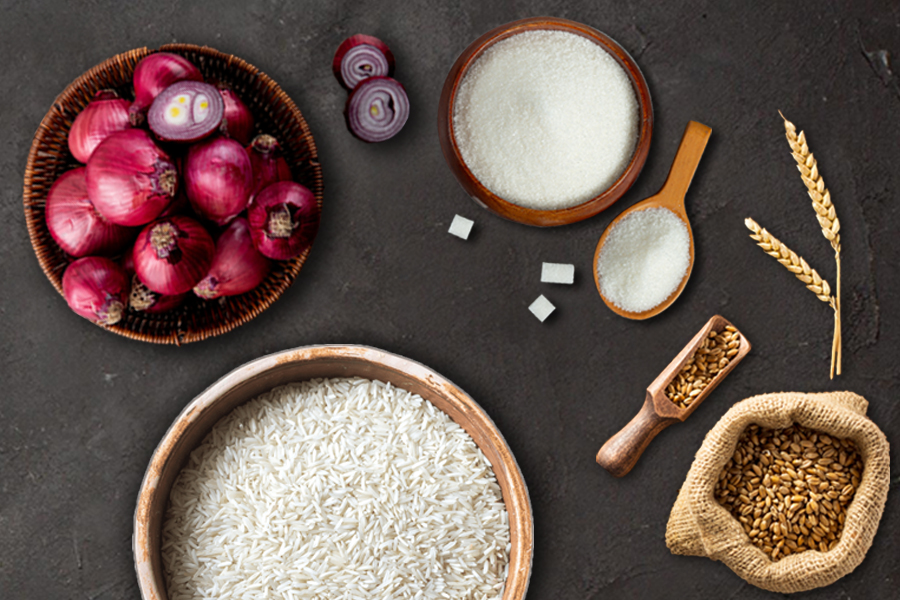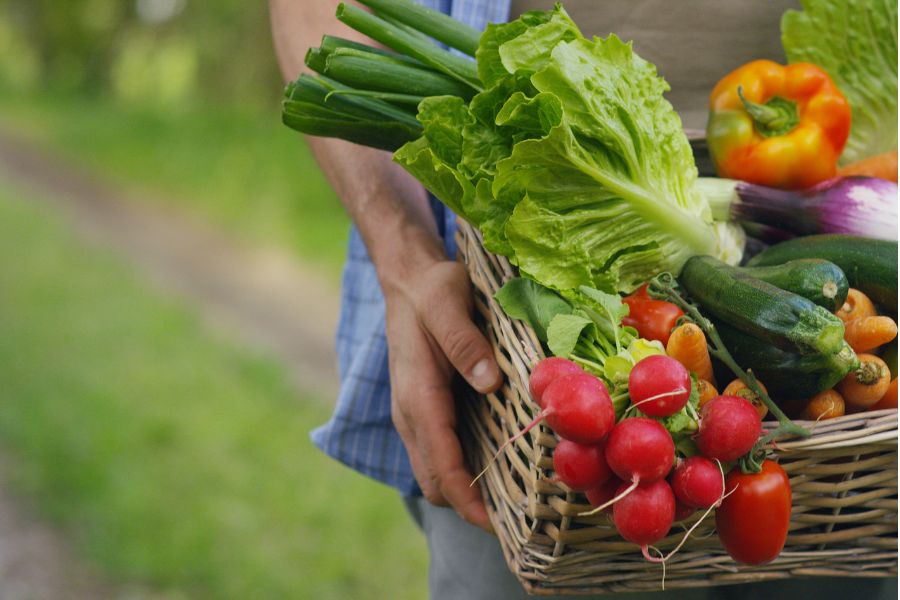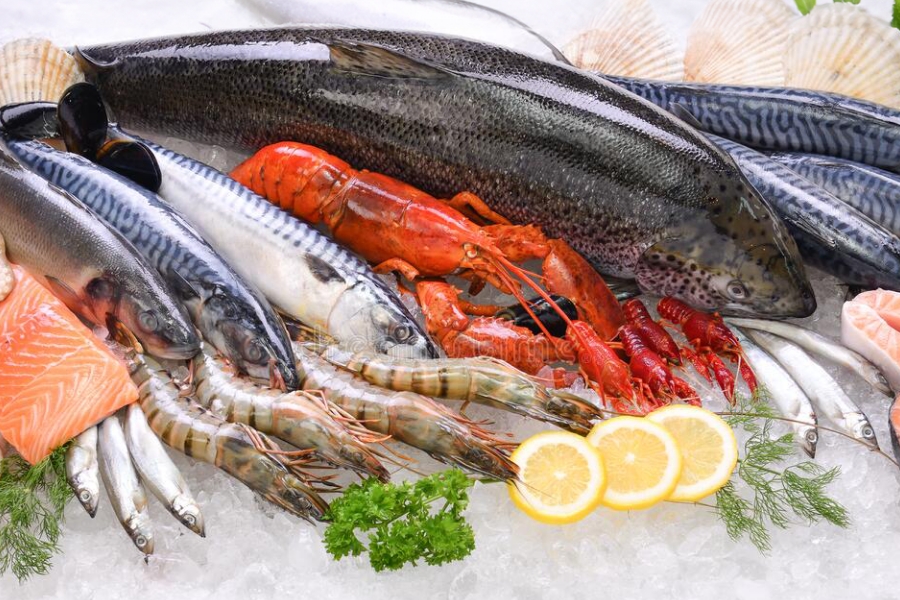India needs to ban pesticides & fertilisers banned in key importing markets
Prof Arpita Mukherjee, ICRIER, cautions that adhering to importing country standards on maximum residue limits (MRLs), or countering them scientifically, is critical to India’s ambitions of ramping up agriculture exports. If we fail to do so, India risks losing market share to other developing countries.

IBT: Why are MRL limits non-standardised across markets, and what are the challenges to harmonising them?
Prof Arpita Mukherjee: Each country has the right to ensure its own food safety and standards. Realising that this can be a barrier to trade, the WTO’s Agreement on the Application of Sanitary and Phytosanitary Measures (known as the “SPS Agreement”) sets out the basic rules for food safety and animal and plant health standards. It allows countries to set their own standards, but also mentions that regulations must be based on scientific analysis. It pointed out that regulations should be applied only to the extent necessary to protect human, animal or plant life or health and they should not arbitrarily or unjustifiably discriminate between countries where identical or similar conditions prevail.
The WTO also encourages its member countries to use international standards, guidelines and recommendations; such as those by the Codex Alimentarius Commission and the International Office of Epizootics (OIE). While the globally acceptable standards such as Codex Alimentarius can be higher than the national requirements of many countries, especially developing countries, some developed countries may impose standards higher than the Codex Alimentarius.
Thus, challenges to harmonisation are country specific. Nevertheless, many countries, including developing countries, have entered into mutual recognition agreements to address these challenges and there are WTO plus provisions in trade agreements which can help to increase exports or reduce such barriers between trading partners.
It is also important to note that due to differences in climate, existing pests or diseases, or food safety conditions, it is not always appropriate to impose the same SPS requirements on food, animal or plant products coming from different countries. Therefore, SPS measures sometimes vary, depending on the country of origin of the food, animal or plant product concerned. This makes it difficult to harmonise the standards.
IBT: What kind of MRL-related issues has India been facing over the past few years, and how are they impacting exports of agri products?
Prof Arpita Mukherjee: In India, we have small farm sizes and poor and marginal farmers. It is often difficult for these farmers to have the right technology and training or access to the right inputs, including seeds and fertilisers, which could enable them to meet conditions imposed by importing countries. Exporters often source from middlemen or mandis without knowing from which farm the product is sourced. This leads to variation in MRL and meeting rigid MRL requirements of key markets; especially developed country markets, which can change frequently, is an issue for Indian exporters and farmers. The MRLs may not always be based on scientific analysis and it is up to the exporters or the exporting countries to challenge and prove it.
Developing countries like India may not have collected enough data and evidence to challenge it. Further, countries like India have multiple standard setting bodies like FSSAI for imports and domestic market and APEDA and EIC for exports, which may lead to coordination issues. If domestic standards are lower than there is a fear of lower quality imports. Also, a lower domestic standard than exports leads to a lack of uniformity of standards or dual standards.
If we do not meet the MRL standards, our products can be rejected or even destroyed by the importing countries. We can face a temporary ban. Indian exports have faced MRL related issues in both developed and developing country markets. Some examples are US, EU, Japan, some ASEAN countries and countries in the Middle East.
IBT: How can India counter such issues at a bilateral/multilateral level. Also, at times these MRL regulations may appear as NTBs without scientific basis. How can we prepare ourselves to counter them in that case?
Prof Arpita Mukherjee: It is important to first understand the issue, the reasons for the issue, the difficulties in meeting the requirements, whether the issue is due to certain practices in the field which can be rectified or not, etc. At the same time, it is important to collect and data and evidence on whether the MRL restrictions have been scientifically determined. If it is not scientifically determined, it is challenged in the WTO by providing scientific research-based evidence.
It is always better for countries to collaborate among trading partners to resolve it. It is also important to find out if other developing countries and LDCs are able to meet those requirements. If they are, there is need for investigating why we are not able to meet the requirements. Alternatively, if all countries are facing issues, we can partner with them to raise the concerns with the importing country.
In case of India, there are multiple bodies regulating exports and imports and there is a lack of scientific data collection and implementation of a robust risk management system (RMS). There is a lack of traceability to the farm, which is essential for exports.
IBT: How have the government and industry been responding to the situation so far? How do you compare India’s response to that of other major food producing countries?
Prof Arpita Mukherjee: The responses of government and industry vary on a case by case basis. In our study report on SPS Barriers to India’s Agriculture Export (available at: https://icrier.org/pdf/SPS_Barriers_to_India_Agriculture_Export.pdf) we have identified cases where India has successfully challenges the MRL limits and where it has failed to meet the requirements, whereas other least developed and poor countries have.
In some cases, other countries have used the joint inter-government capacity building programme more efficiently to meet the importing country’s MRL requirements. In some other cases like grapes exports to the EU, APEDA has done a wonderful job of setting up the traceability system.
IBT: What kind of infrastructure set up does India need to properly monitor MRL levels of both food exports and imports? Where do we stand presently?
Prof Arpita Mukherjee: The infrastructure requirements are at different levels, from uniformity in laboratory testing processes, to a proper supply chain for perishables and proper storage for food produce. Certification bodies should have uniform standards. Farmers need information on right kind of inputs. A single regulatory body for exports will ensure accountability and if there are multiple bodies there is a need to investigate:
(a) The gap in coordination if any, and
(b) How such exports have been cleared at the port of exist and why are they not meeting the importing country requirements.
There is need for more accountability on part of agencies responsible for meeting the export requirements. However, for that, the agencies should have technology and have skilled personnel. As I have mentioned above, there is a need for a robust technology-based RMS and product traceability.
IBT: What should be the roadmap to ensure that our farmers can adequately understand the importance of MRLs and ensure compliance with internationally accepted standards? Also, how can we ensure that compliance is maintained across the value chain (domestic and global)?
Prof Arpita Mukherjee: India needs to ban chemical fertilizers and pesticides that are banned in key importing markets, good package of practices should be shared with farmers, extension workers should be trained on the MRL requirements and regular data should be collected from the fields. All agencies in the supply chain from exports, to laboratories and certification bodies have to be trained and informed about the changes in MRL levels.
Our survey found that the level of awareness in India is low and there is need for capacity building workshops. Since agriculture is a state subject, it is important to work closely with state government and at local levels. India needs to collaborate more with importing countries and there can be joint capacity building programmes. It is important to do research on market specific and product specific issues and how these can be addressed or minimised. In India, there are few experts on agriculture value chains with global supply chains, nutrition, and food safety requirements. Such skills must be developed.
IBT: How do you view the importance of complying with this requirement in view of India’s ambitions to ramp up the exports of its agri products?
Prof Arpita Mukherjee: If we want to export, we should meet importing country standards, unless we can prove that these are not determined in a scientific way. If we do not, we will lose our market share to other developing countries in some key markets like the US or the EU. In my opinion, it is very important to understand and comply with the requirements. If there is an issue it should be resolved through (a) domestic reform (b) bilaterally or by (c) taking the issue to the WTO’s SPS Committee. There is a need to study the relevant chapters of trade agreements, like the RCEP and those involving key markets such as the US and the EU.













Leave a comment